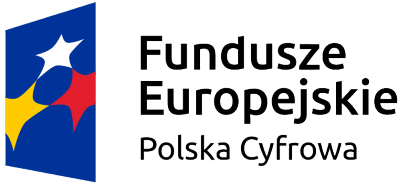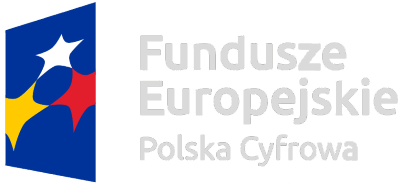Foundations
The competent authorities of the EU Member States, responsible for the functioning and development of the telecommunications sphere in their countries, agreed that: "The roll-out of high-speed fixed and wireless electronic communications networks across the Union requires substantial investments, a significant proportion of which is represented by the cost of civil engineering works. Limiting some of the cost-intensive civil engineering works would make broadband roll-out more effective”. This quoted statement appears in the text of recital 7 of the Directive 2014/61/EU of the European Parliament and of the Council of 15 May 2014 on measures to reduce the cost of deploying high-speed electronic communications networks (Cost Directive). A significant part of these costs is generated by the lack of use of existing passive infrastructure in the process of deploying broadband networks (e.g. wires, cable ducts, manholes, street cabinets, poles, masts, antennas, lattice columns and other auxiliary infrastructure elements). In addition, bottlenecks related to investments in broadband networks are: coordination of civil engineering works, burdensome administrative procedures for granting the permits and difficulties in the deployment of indoor networks.
Recital 20 of the Cost Directive reads: “In order to effectively plan the deployment of high-speed electronic communications networks and to ensure the most effective use of existing infrastructures suitable for rolling out electronic communications networks, undertakings providing or authorised to provide public communications networks should be able to have access to minimum information concerning physical infrastructures available in the area of deployment. Such minimum information should make it possible to assess the potential for using existing infrastructure in a specific area, as well as to reduce damage to any existing physical infrastructures. In view of the number of stakeholders involved, and in order to facilitate access to that information, also across sectors and borders, such minimum information should be made available via a single information point. That single information point should allow access to minimum information already available in electronic format subject to limitations to ensure network security and integrity, in particular that of critical infrastructure, or to safeguard legitimate operating and business secrets."
Legal basis
The provisions of the Cost Directive were included in the Polish legal system through an amendment of the Act of 7 May 2010 on supporting the development of telecommunications services and networks (Journal of Laws no. 106, item 675), called "Mega-law" in the telecommunications industry, which was in place on the day when the Cost Directive entered into force.
The amendment was made by the Act of 9 June 2016 amending the act on supporting the development of telecommunications services and networks and some other acts (Journal of Laws of 2016, item 903). With regards to the Information Point on Telecommunications, the amended Act defined the concepts of technical infrastructure and network operator, added Chapter 21 - Information Point on Telecommunications, covering the current articles 29a to 29f, and added article 35a. The most recent consolidated text of "Mega-law" is included in the Notice of the Marshal of the Sejm of the Republic of Poland of 13 October 13 2017 on the publication of the consolidated text of the act on supporting the development of telecommunications services and networks (Journal of Laws of 2017, item 2062).
“Mega-law” in its article 29e provides the possibility for the minister competent in computerization to issue a regulation establishing:
- a detailed scope of information transferred to the Information Point on Telecommunications (PIT),
- electronic format to transfer information,
- forms used in order to provide the President of UKE with information feeding IPT.
Taking into account the needs related to launching and putting into operation the new version of the IT system supporting IPT, the Ministry of Digitization and UKE are working on the preparation of the draft of this regulation and initiation of the legislative path.
Benefits
PIT was created mainly to facilitate investment planning for telecommunications undertakings.
PIT enables:
- promoting cooperation among operators,
- efficient and rational use of the existing telecom engineering infrastructure,
- achieving social, ecological and economic benefits as a result of reducing the scope of separate investments,
- providing information necessary when planning investments,
- facilitating cooperation between entrepreneurs and local government units,
- entrepreneurs to check the outline of the existing networks and telecommunication ducts, which makes it easier for them to make business decisions, e.g. on the lease of an existing network or duct system,
- the possibility of analyzing the development of the telecommunications infrastructure network.
| Subject: | Office of Electronic Communications |
| Author: | Justyna Nakrajnik |
| Publisher: | Justyna Nakrajnik |
| Publication date: | 23.04.19 10:57 |
| Update date: | 27.01.20 13:54 |









